Two weeks after the fall of the Berlin Wall, on 28 November 1989, West German Chancellor Helmut Kohl announced a 10-point program calling for the two Germanys to expand their cooperation with the view toward eventual reunification. On 18 May 1990, the two German states signed a treaty agreeing on monetary, economic and social union. On October 3rd, 1990, Federal Republic of Germany and the Democratic Republic of Germany were reunited to create one single federal Germany, now celebrated as German Unity Day!
Take advantage of our offer of FREE access to the journal, German Politics and Society until the end of the year! Please use code GSA18 and redeem here.
We are also currently offering free access to the article: Politics of Emotions: Journalistic Reflections on the Emotionality of the West German Peace Movement, 1979-1984 in recognition of International Day for the Elimination of Nuclear Weapons until October 10.
Berghahn is honored to present some of the relevant titles on the History of German Unification:
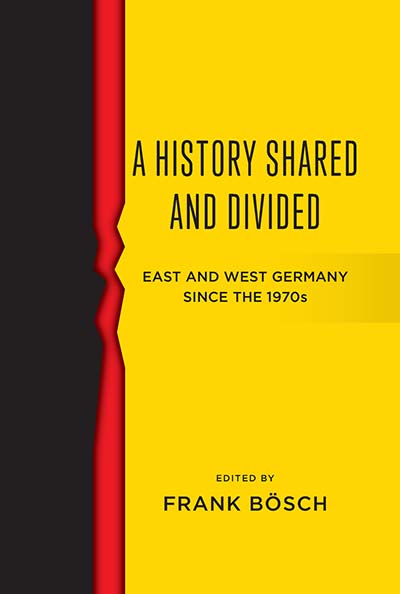 A HISTORY SHARED AND DIVIDED
A HISTORY SHARED AND DIVIDED
East and West Germany since the 1970s
Frank Bösch
Translated from the German by Jennifer Walcoff Neuheiser

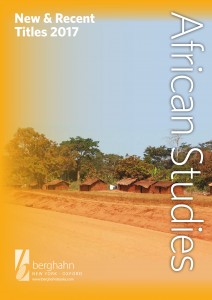

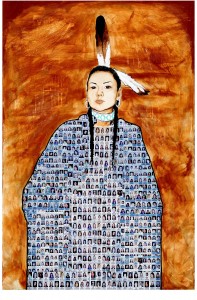
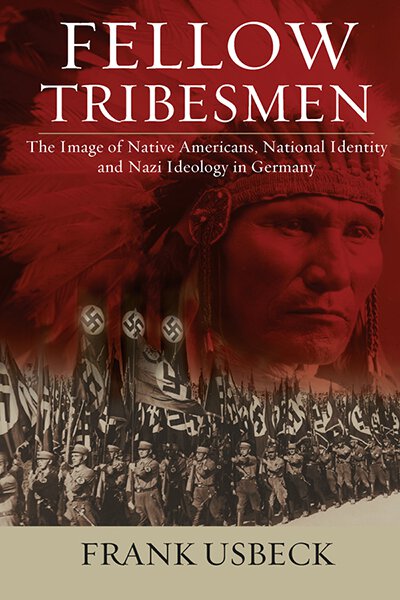

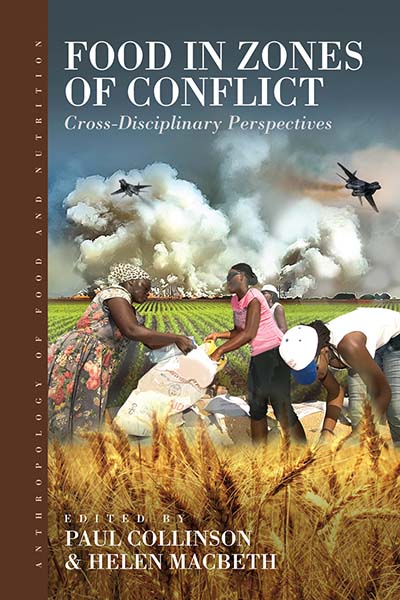
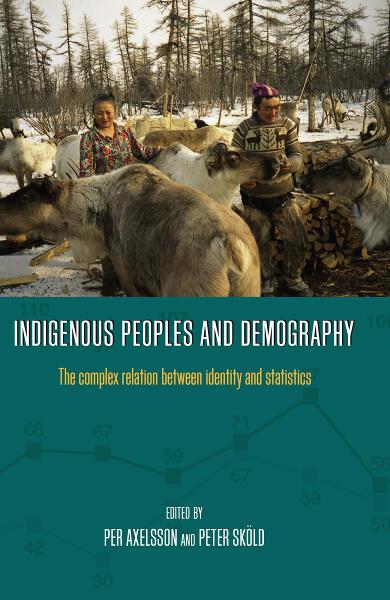
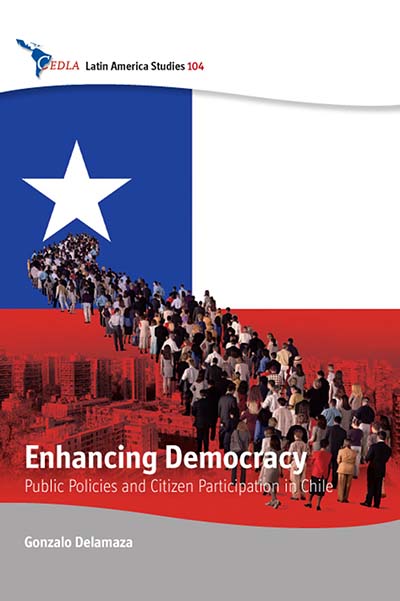 Volume 104 Forthcoming in November 2014!
Volume 104 Forthcoming in November 2014!